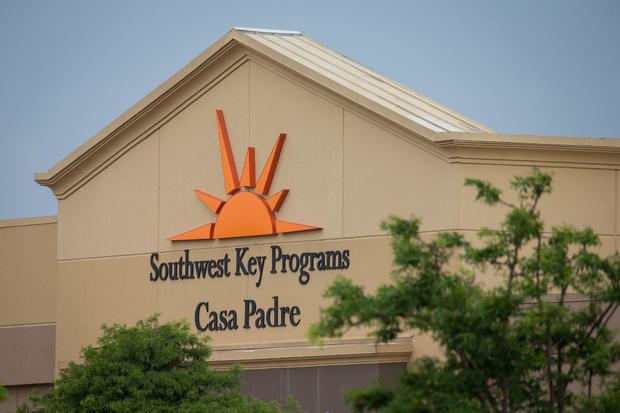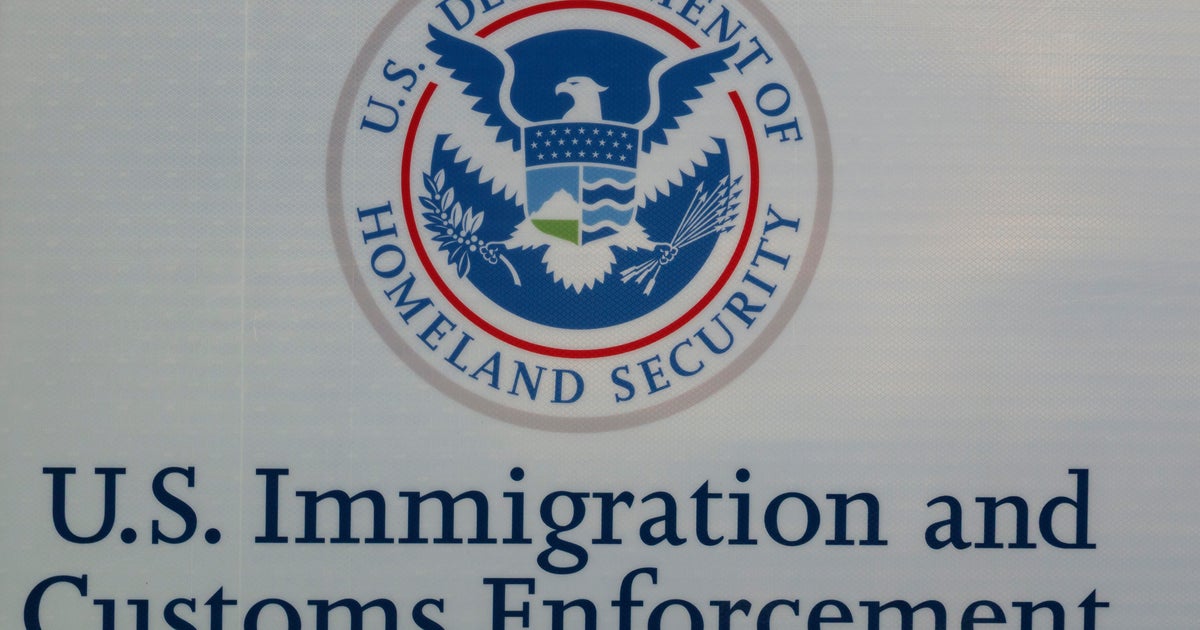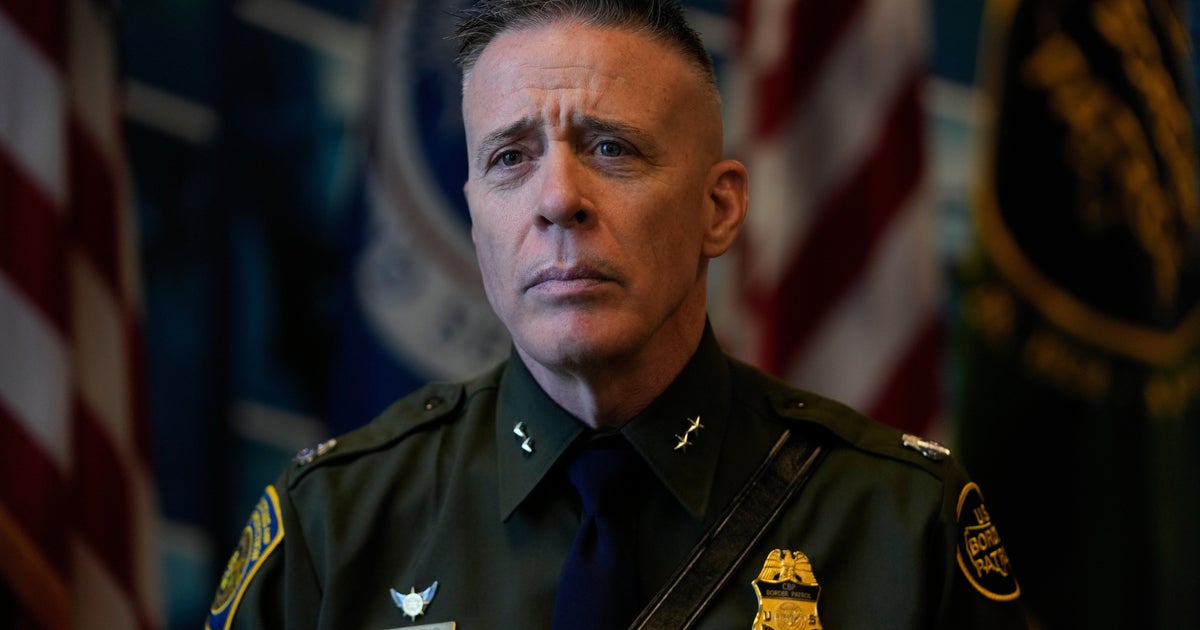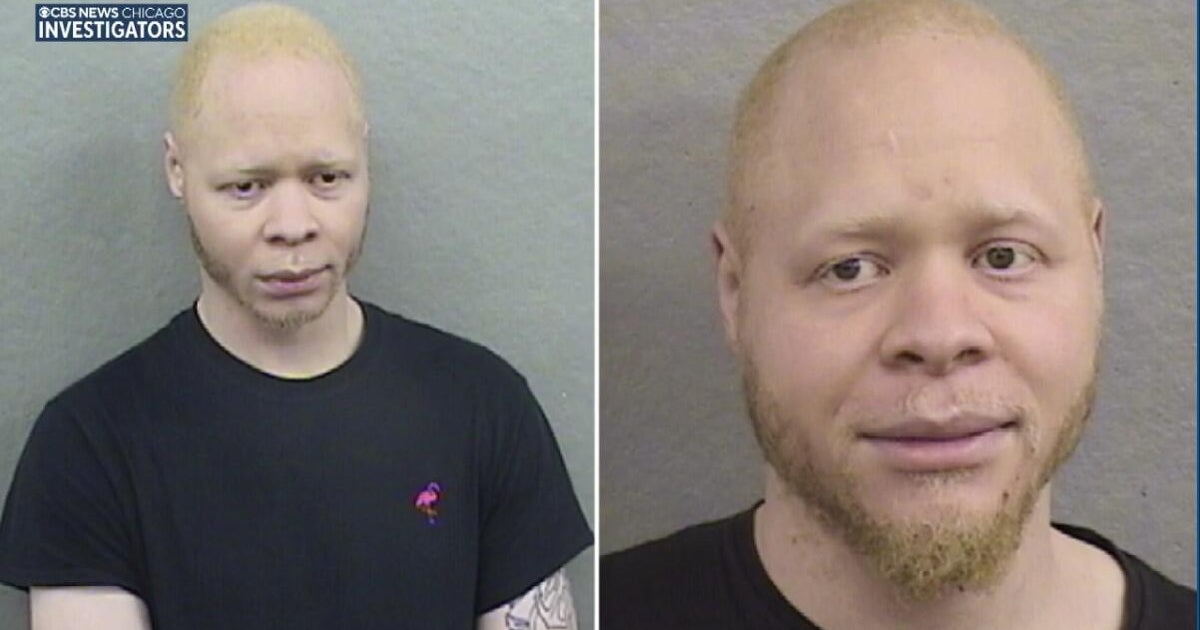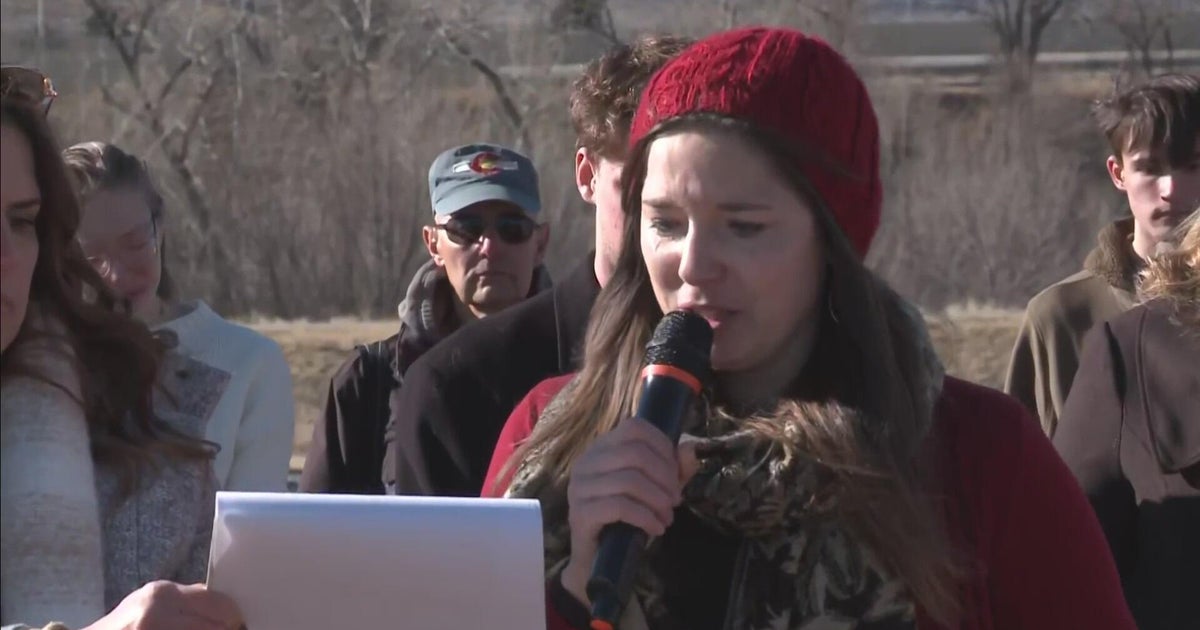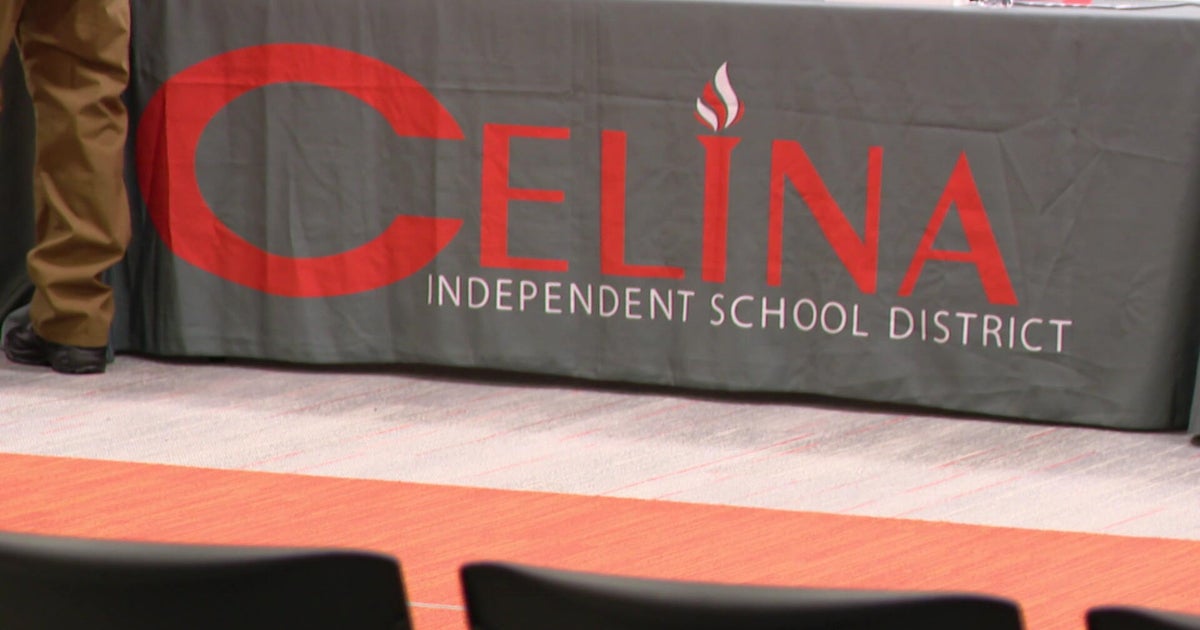Shelter provider accused of "pervasive" sexual abuse of migrant children in U.S. custody
The Justice Department this week accused the largest provider of shelters for migrant children in U.S. custody of failing to protect minors from "severe" and "pervasive" sexual abuse in its goverment-funded facilities.
In a lawsuit filed on Wednesday and announced on Thursday, the Justice Department accused employees of Southwest Key, a Texas-based organization, of sexually abusing and harassing unaccompanied migrant children in shelters operated by the nonprofit since at least 2015.
Multiple Southwest Key shelter employees, the lawsuit alleged, have raped, sexually abused, sexually harrased and inappropriately touched children in the custody of the Department of Health and Human Services, which is responsible for caring for migrant minors who cross the U.S.-Mexico border without their parents. The Justice Department also accused Southwest Key employees of soliciting sex acts and nude photos from young migrants and of engaging in inappropriate relationships with them.
The Justice Department said there are more than 100 reports of "unlawful sexual abuse or harrasment" of children housed by Southwest Key. Some employees, the department added, have been criminally prosecuted.
"Since at least 2015, multiple Southwest Key employees — including supervisory and non-supervisory employees — have subjected children living at Southwest Key shelter care homes to severe, pervasive, and unwelcome sexual abuse and harassment," the Justice Department said in its 26-page lawsuit.
The Justice Department said Southwest Key failed to take adequate steps to protect children in its care from being victimized, and discouraged them from reporting sexual abuse or harrasment. The department asked a federal judge in Austin, Texas, to impose civil penalties on Southwest Key and to force the organization to pay reparations to victims. It also requested an order to require Southwest Key to take actions to stop sexual abuse in its facilities.
In a statement to CBS News, Southwest Key said its "primary focus is the safety, health, and well-being of each one of the children and youth we care for."
"We continue to review the complaint, and it does not present the accurate picture of the care and commitment our employees provide to the youth and children," Southwest Key said.
"We are in constant communication and continue to closely partner with the Office of Refugee Resettlement (ORR), as we have done so for the past two decades to ensure the children and youth entrusted to our care are safe with us during their short stay with Southwest Key," the organization added.
Asked whether HHS would discontinue using Southwest Key as a shelter provider, an agency spokesperson said they could not comment due to pending litigation.
In a statement included in the Justice Department's announcement, HHS Secretary Xavier Becerra said his agency would "continue to closely evaluate our assignment of children into care-giving programs to ensure the safety and well-being of every child" in its custody.
"The U.S. Department of Justice's complaint against Southwest Key raises serious pattern or practice concerns. HHS will continue to work with the Justice Department and oversight agencies to hold its care-giving programs like Southwest Key accountable," Becerra said.
Between fiscal years 2015 and 2023 — the timespan that the lawsuit covered — Southwest Key received more than $3 billion from HHS to house migrant children, the Justice Department said. Southwest Key has 29 shelters in Arizona, California and Texas with the capacity to house more than 6,000 children.
The Justice Department's lawsuit raised concerns among advocates for migrant children.
"HHS has long been aware of the abusive conditions at multiple Southwest Key facilities. Given that, it is very difficult to understand why the government has continued to rely so heavily on this dangerous provider over the years," said Neha Desai, a lawyer with the National Center for Youth Law, which represents migrant children in a longstanding federal court case.
Unaccompanied children who are not from Mexico are processed differently than other migrants by U.S. immigration officials at the southern border. A 2008 anti-trafficking law protects them from being deported quickly and allows them to stay in the U.S. while their immigration cases are reviewed.
That 2008 law, passed with bipartisan support, charges HHS with caring for unaccompanied migrant children until they turn 18 or are placed with U.S.-based sponsors, who are typically relatives.
U.S. border officials first started encountering unaccompanied children in large numbers in 2014 and have recorded several spikes in migrant child arrivals since then. In 2021 and 2022, the Biden administration processed record numbers of unaccompanied migrant children, at times struggling to find facilities to house them all.
In the past year, arrivals of unaccompanied minors along the southern border have declined.

